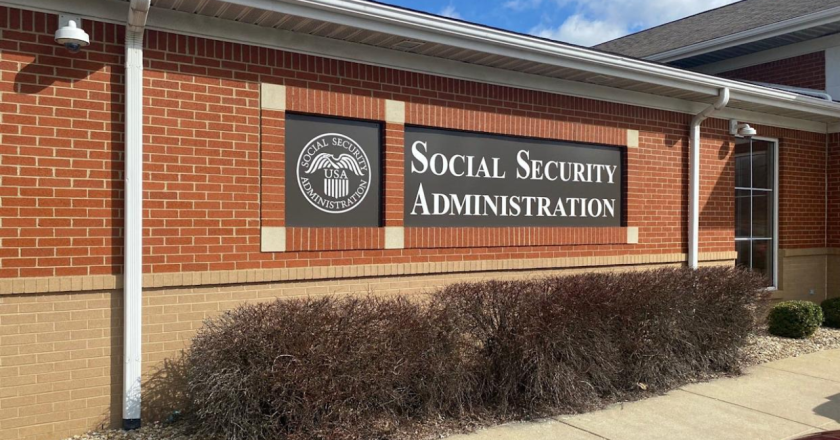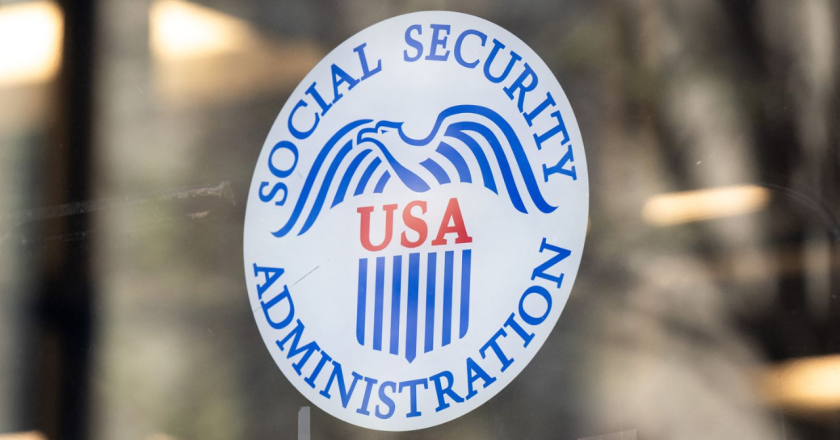Important Update: Why Social Security Payments Are Facing Delays?
Former Social Security Commissioner Martin O’Malley has raised concerns about potential delays in Social Security payments for millions of Americans. O'Malley, who led the Social Security Administration (SSA) from 2023 to 2024, has expressed his worries about disruptions shortly.
While he hopes to be proven wrong, his warning comes from significant problems within the SSA. These include staffing cuts, internal chaos, and the impact of government efficiency measures, all of which threaten to delay benefit payments.
One of the main reasons for these potential delays is the severe staffing cuts the SSA has experienced. Since President Donald Trump's administration, the agency has reduced its workforce by 7,000 employees, dropping from 57,000 to 50,000.
This represents a 12% decreas...










